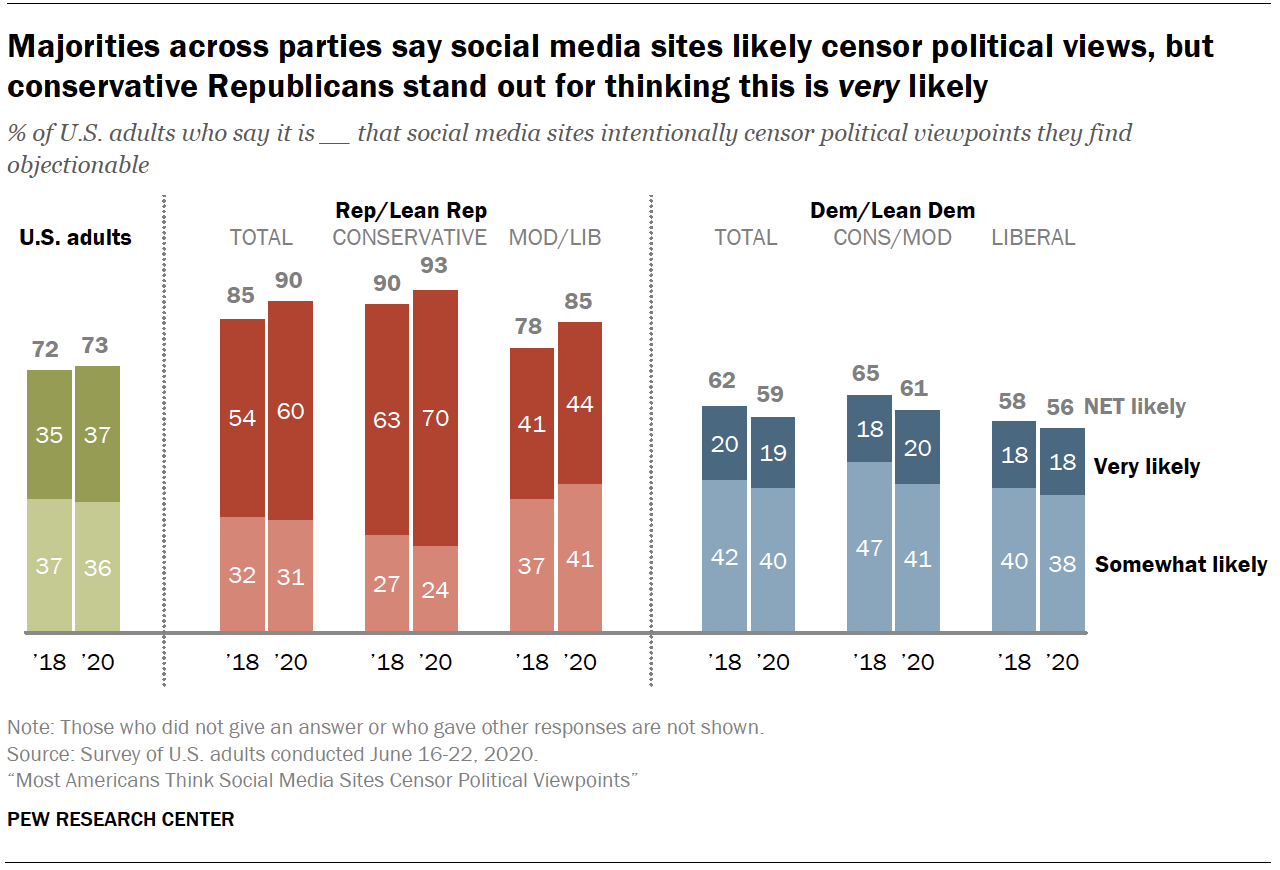Middle Management's Impact On Employee Retention And Company Growth

Table of Contents
The Direct Influence of Middle Management on Employee Retention
Middle managers are the frontline leaders who directly interact with employees daily. Their actions and leadership style significantly influence employee satisfaction, morale, and ultimately, retention. Effective middle management practices foster a supportive environment that encourages employees to stay.
Fostering a Positive Work Environment
A positive and supportive work environment is paramount for employee retention. Middle managers play a critical role in creating this environment.
- Positive and supportive middle managers create a culture of trust and respect: This involves treating employees fairly, valuing their contributions, and fostering open communication.
- Open communication channels minimize misunderstandings and conflict: Regular check-ins, transparent communication about company performance and changes, and readily available channels for feedback are essential.
- Mentorship and coaching programs improve employee skills and confidence: Investing in the development of employees shows commitment and strengthens loyalty.
- Regular feedback and recognition boost morale and motivation: Regular performance reviews, both formal and informal, and acknowledging achievements—big or small—keeps employees engaged and valued.
Examples: Implementing regular one-on-one meetings, providing opportunities for skill development through workshops or online courses, offering public recognition for achievements during team meetings or company newsletters.
Addressing Employee Concerns and Providing Support
Middle managers act as a crucial bridge between employees and upper management. Their ability to effectively address employee concerns directly impacts retention.
- Middle managers act as a bridge between employees and upper management: They effectively communicate employee needs and concerns upward, advocating for their teams.
- Effectively addressing employee concerns and advocating for their needs shows value: Demonstrating empathy and actively working to resolve issues creates a strong sense of trust and support.
- Providing adequate resources and support for employee tasks prevents burnout: Ensuring employees have the necessary tools, training, and support to succeed prevents frustration and reduces stress.
Examples: Actively listening to employee feedback, escalating concerns to upper management when necessary, providing access to necessary tools and resources, and proactively addressing workload imbalances.
Promoting Work-Life Balance and Employee Well-being
Employee well-being is inextricably linked to retention. Middle managers play a critical role in fostering a healthy work-life balance for their teams.
- Understanding employee needs beyond work improves retention rates: Showing an interest in employees' lives outside of work fosters a stronger connection and demonstrates genuine care.
- Implementing flexible work arrangements when possible fosters loyalty: Offering flexible hours, remote work options, or compressed workweeks shows consideration for individual circumstances.
- Promoting mental health awareness and support is essential: Creating a culture where employees feel comfortable discussing mental health and accessing support resources is crucial.
Examples: Offering flexible work hours, promoting the use of vacation time, providing access to employee assistance programs (EAPs), and encouraging breaks and time off.
The Link Between Middle Management and Company Growth
Effective middle management is not just crucial for employee retention; it's also directly linked to company growth. High-performing teams, driven by strong middle management, are the engine of organizational success.
Driving Team Performance and Productivity
Middle managers directly influence team performance and productivity. Their ability to set clear goals, delegate effectively, and provide feedback is key.
- Effective middle managers set clear goals, delegate tasks effectively, and provide regular performance feedback: This ensures everyone understands their role and contributions to the overall objectives.
- Motivated and engaged teams are more productive and contribute to company growth: A supportive and empowering leadership style fosters a culture of high performance.
Examples: Implementing clear performance metrics, providing regular training and development opportunities, encouraging collaboration and knowledge sharing within teams, and recognizing and rewarding high performance.
Identifying and Developing Future Leaders
Middle management plays a vital role in talent development, identifying and nurturing the next generation of leaders within the organization.
- Middle managers play a vital role in identifying and nurturing talent within the organization: They are in the best position to observe employee potential and strengths.
- Investing in leadership development programs ensures a pipeline of skilled leaders: Supporting employees’ advancement creates a strong succession plan and reduces talent drain.
- Mentoring and coaching junior employees helps them develop professionally: Providing guidance and support strengthens the workforce and improves overall team effectiveness.
Examples: Identifying high-potential employees, providing mentorship and coaching, sponsoring employees for leadership training programs, and creating opportunities for employees to take on increasing responsibility.
Innovation and Adaptability
Effective middle managers foster a culture of innovation and adaptability, enabling the organization to thrive in dynamic environments.
- Effective middle managers encourage innovation and creative problem-solving: They create a safe space for employees to share ideas and experiment with new approaches.
- They adapt quickly to changing business environments and lead their teams through change: Strong leadership during times of transition is crucial for maintaining morale and productivity.
- Creating a culture of open communication and feedback facilitates adaptation: Open dialogue ensures that challenges are addressed quickly and effectively.
Examples: Encouraging employee suggestions, implementing agile methodologies, embracing new technologies, and fostering a culture of continuous improvement.
Conclusion
Middle management plays a pivotal role in both employee retention and company growth. By fostering positive work environments, addressing employee concerns, driving team performance, and developing future leaders, effective middle management significantly contributes to organizational success. Investing in middle management training and development is a strategic move that delivers significant returns in terms of talent retention and overall business growth. Improve your company's success by investing in your middle management – they are the key to unlocking both employee retention and sustainable company growth. Prioritize middle management development to build a high-performing, engaged workforce and achieve lasting company growth.

Featured Posts
-
 Ja Morant Under Nba Investigation A Report On The Latest Developments
Apr 24, 2025
Ja Morant Under Nba Investigation A Report On The Latest Developments
Apr 24, 2025 -
 Should You Vote Liberal A Critical Analysis Of Their Platform
Apr 24, 2025
Should You Vote Liberal A Critical Analysis Of Their Platform
Apr 24, 2025 -
 Blue Origin Rocket Launch Abruptly Halted Subsystem Malfunction
Apr 24, 2025
Blue Origin Rocket Launch Abruptly Halted Subsystem Malfunction
Apr 24, 2025 -
 Prekrasna Ella Travolta Slicnost S Majkom I Ocem
Apr 24, 2025
Prekrasna Ella Travolta Slicnost S Majkom I Ocem
Apr 24, 2025 -
 Teslas Optimus Robot Chinas Rare Earth Restrictions Cause Delays
Apr 24, 2025
Teslas Optimus Robot Chinas Rare Earth Restrictions Cause Delays
Apr 24, 2025
